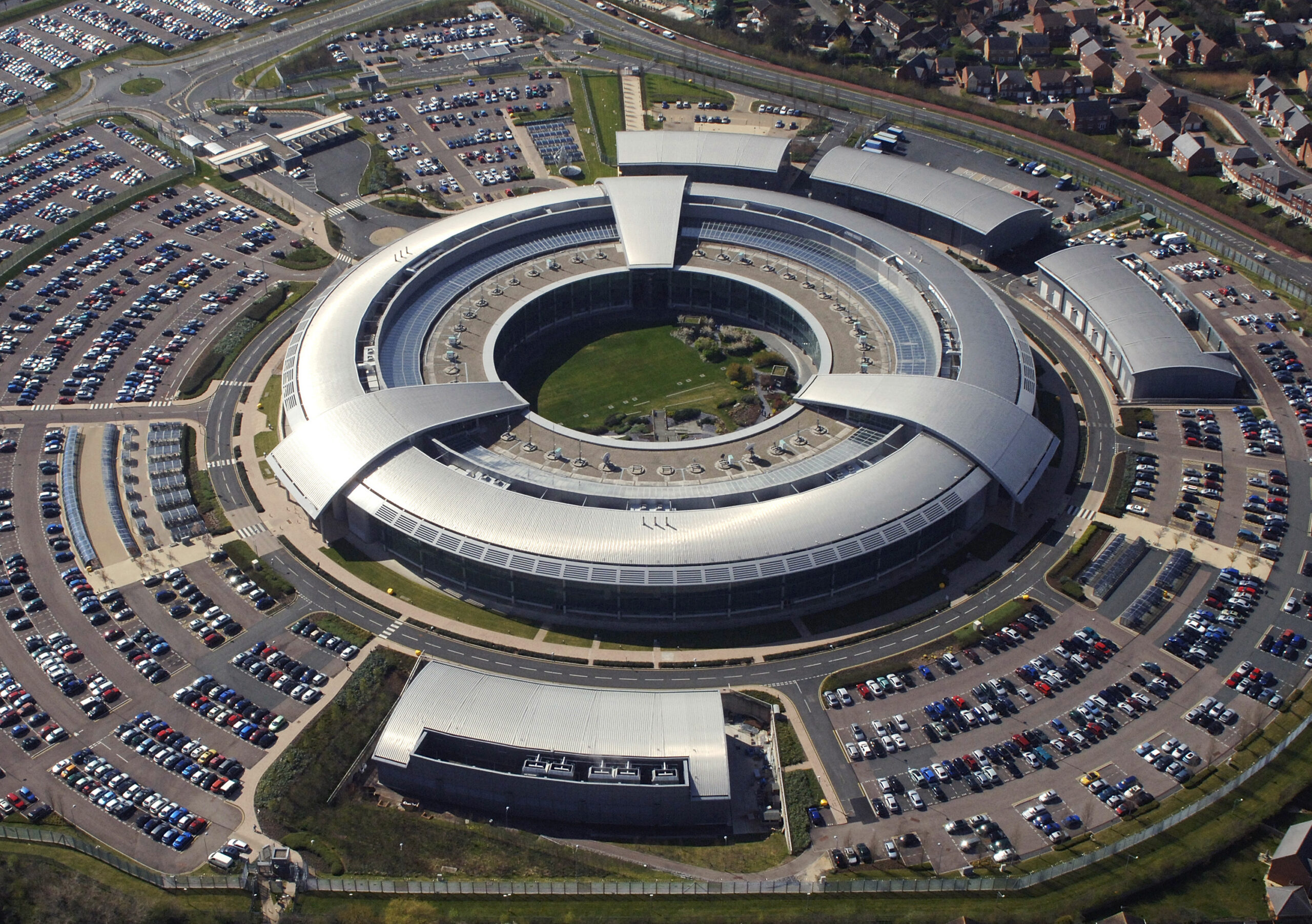Army hopes that recruitment process can be sped up by improved data sharing
The Armed Forces and NHS Digital are working together to explore the electronic transfer of the primary healthcare records of new Army recruits.
In evidence given last week to the Public Accounts Committee, Lt Gen Richard Nugee, chief of defence people at the Ministry of Defence, told MPs that the Armed Forces had recently reached agreement with NHS Digital on a proposed new data-sharing arrangement.
In the near future, according to Nugee, the GP records of army recruits will be transferred digitally to Defence Medical Services (DMS) – the umbrella organisation for all medical and dental personnel across the Army, Navy, and RAF. Because DMS is not part of the NHS, individual GPs must currently sign off the transfer of patient records and then send them through the post, he added, which often “takes a very long time”.
This slows down the speed with which the Army can enrol new soldiers by delaying the necessary medical screening of recruits conducted by DMS, according to Nugee.
Related content
- Capita-led project saw Army website launched four years late and at triple the planned cost
- Why the NHS needs to ‘take the lead’ on sharing data with the private sector
- Doctors at military surgeries warn that IT problems are endangering patients
“By getting the NHS to agree that we are a bona fide GP, to all intents and purposes, they can now transfer records, because doing so between GPs within the NHS is relatively easy – because it is all one system,” he said. “We will shortly get NHS Digital records that we can look at much more quickly. It is absolutely something we have recognised – [that] how long it is taking is unacceptable.”
PublicTechnology understands that work is still at an exploratory stage, and that the seamless transfer will only be possible after further progress on the MoD’s Cortisone project to equip DMS with a new medical information system.
The project is intended to bring together a range of off-the-shelf products and create an integrated electronic record system, covering the primary and secondary care, mental health, occupational health, dental, and rehabilitation data of forces personnel.
Launched in late 2015, Cortisone was reset in the autumn of 2017, after the MoD chose not to award a key contract covering certain evaluation and integration work.
According to a high-level design plan published last year by the government, once the project reaches fruition, the new system “will provide DMS with an integrated and flexible capability that enables the business to realise a digital transformation in the delivery of healthcare within defence”.
Development and delivery work on Cortisone is ongoing – supported by NHS Digital. A timeline published by the MoD last year estimates that a “primary care solution” will go live in the second half of 2019. Once this system is fully operational, the Armed Forces will then be able to access and port over electronic GP records as described by Nugee, it is understood.
DMS and NHS Digital have worked together for about 10 years, during which time the two have been able to establish a degree of connection between NHS and Armed Forces systems. This has permitted the electronic transfer of certain information, including referrals and test results.



